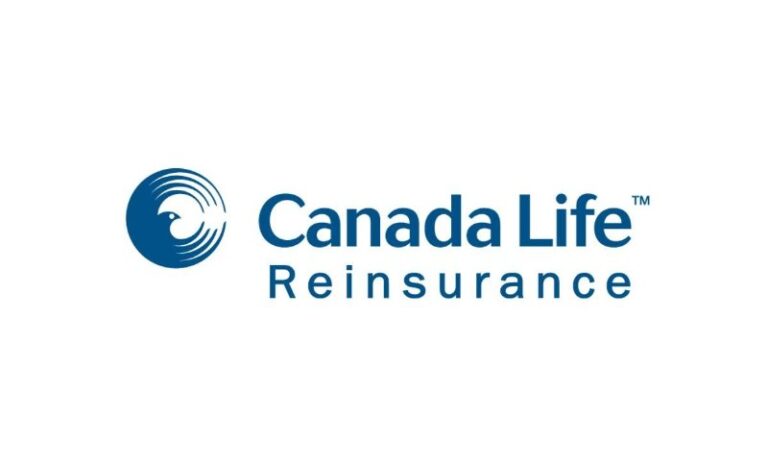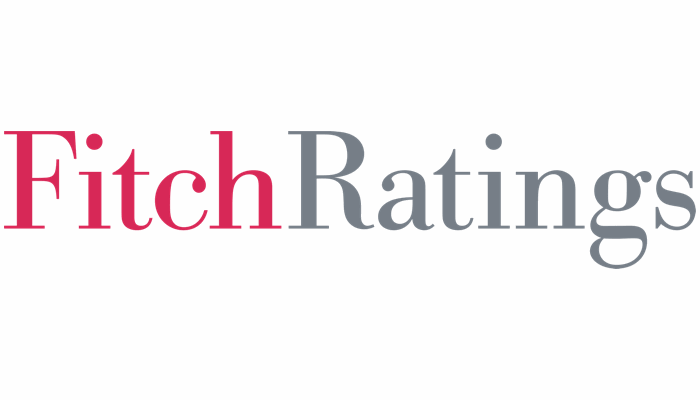
Only around 4% of UK SMEs currently buy terrorism insurance, a shortfall Pool Re attributes as much to a “perception gap” as to cost, with many businesses unaware that terrorism risks are excluded from standard policies, prompting a Treaty overhaul designed to embed cover more seamlessly and boost take-up while returning risk to the private market.

Opening the interview, Gray identified two key points: first, a lack of education and awareness, and second, the cost of coverage.
“Many SMEs, for example, don’t realise that terrorism isn’t covered under their existing policy wordings. That creates what we call a perception gap, on top of the protection gap,” he explained.
Gray continued, “Larger policyholders sometimes make an active decision not to buy terrorism cover, and that’s often driven by economics.
“Insurance costs have risen sharply at a time when businesses are already under pressure from tight margins. So, when terrorism coverage is presented, some people ask themselves: ‘We haven’t had a major attack in the UK for years, do I really need this?’
“The reality is that the threat remains very real for every business in the UK. The UK’s official threat level is still substantial.”
While no major attacks have occurred in recent years, MI5 currently has around 800 active investigations and has disrupted 43 late-stage plots since 2017, a backdrop of activity that underscores, Gray said, why Pool Re’s role remains vital in providing stability for society, the economy, and the market.
“That’s why our role is so important, to provide stability for society, the economy, and the insurance market if something does happen. But equally, part of our job is to raise awareness that terrorism remains a credible threat, even if it isn’t always visible,” Gray observed.
On closing the awareness gap, Gray said Pool Re is working closely with members, adding, “We’re having really positive conversations with our members about how to address this and, in some ways, it feels like going ‘Back to the Future’ by removing the exclusion from SME products.
“With Pool Re backing and reinsurance support in place, we can give SMEs greater certainty and security. It’s a really positive development, and I hope we can share more progress in due course.”
Later in the interview, the discussion turned to Pool Re’s new Treaty and how it is creating real opportunities for underwriters, insurers, and SMEs.
“Simply put, the new Treaty aligns what we do with today’s commercial insurance market needs. It empowers members, diversifying how terrorism insurance is written and packaged, while removing bureaucracy. Ultimately, it allows members to model and price terrorism risk with greater accuracy, while tailoring the range of threats to their needs,” Gray noted.
He went on, “For underwriters, the new Treaty creates much more flexibility and autonomy. We have removed the tariff, which effectively means members can hold different retentions, and underwriters can form their own view of what to charge, particularly those who’ve taken higher retentions than before. That’s a positive development, because one of our core goals, set by the Treasury, is to return risk to the private market.
“For corporates, the new framework also offers greater alignment with their own risk appetite. Previously, we mandated retentions, but now companies have much more choice over how much risk they want to retain.
“And for SMEs, the Treaty is designed to remove the friction that required risks to be declared individually. By shifting to a portfolio-level approach, we can integrate terrorism coverage much more seamlessly.
“Ultimately, we hope this will mean terrorism exclusions can be lifted from SME products, with cover flowing automatically through to us as reinsurers, making protection far more accessible.”
Closing the interview, Gray reflected on current market conditions and their influence on reinsurance pricing and risk appetite for terrorism coverage.
“Terrorism pricing has actually been quite stable for a number of years, and that’s largely because Pool Re plays such a central role in the market,” he said.
Gray continued, “Historically, our tariff pricing effectively set the benchmark, so whatever shifts happened in the wider marketplace tended to occur around the Pool Re scheme. I don’t think that dynamic has changed significantly. While UK commercial property has gone through a period of hardening and is now beginning to soften, those fluctuations haven’t really had a major impact on terrorism rates within that space.”
Pool Re operates as a unique public–private partnership backed by an unlimited HM Treasury loan facility, providing cover for £2.3 trillion of UK assets, spanning businesses of all sizes, from local traders and shopping centres to airports and power grids, across key sectors including real estate, retail, transport, construction, and energy.






